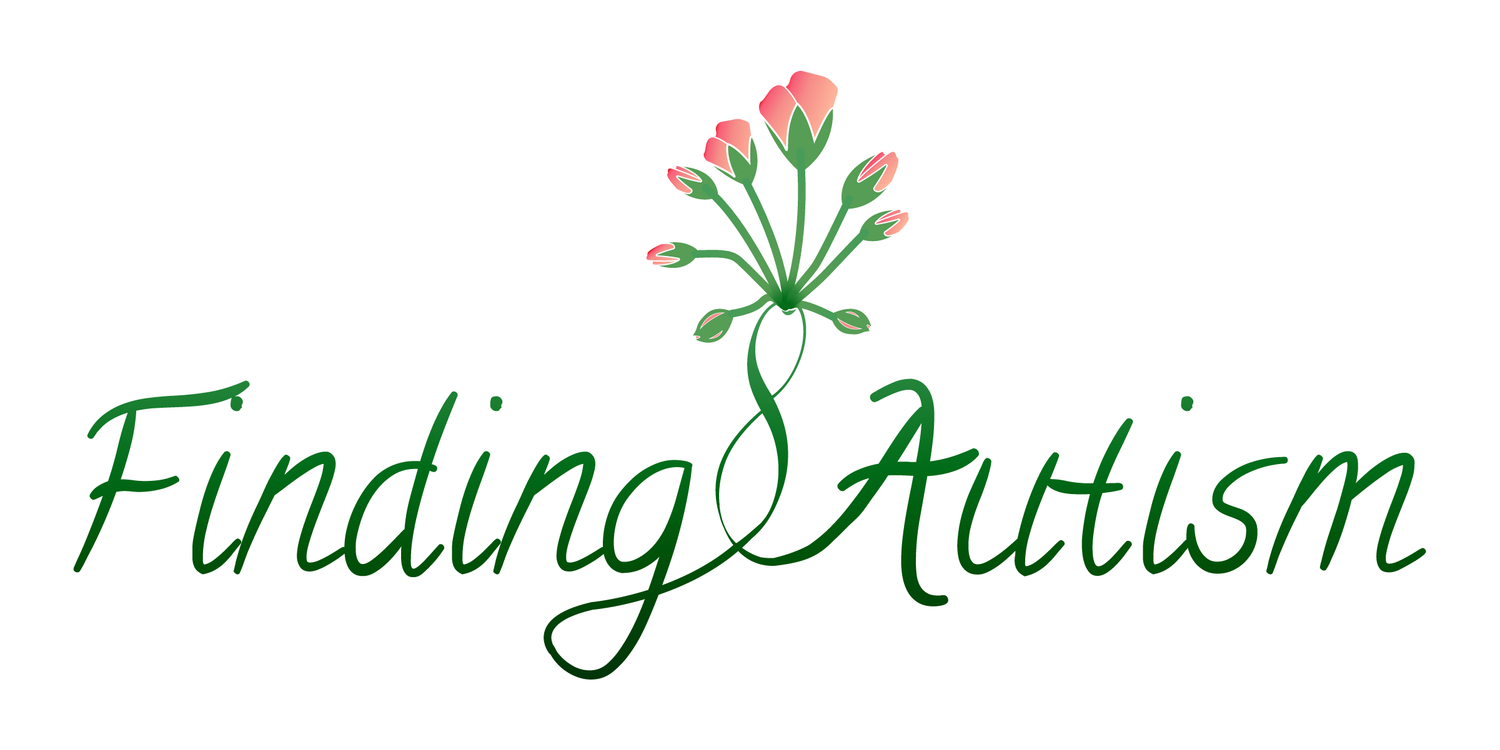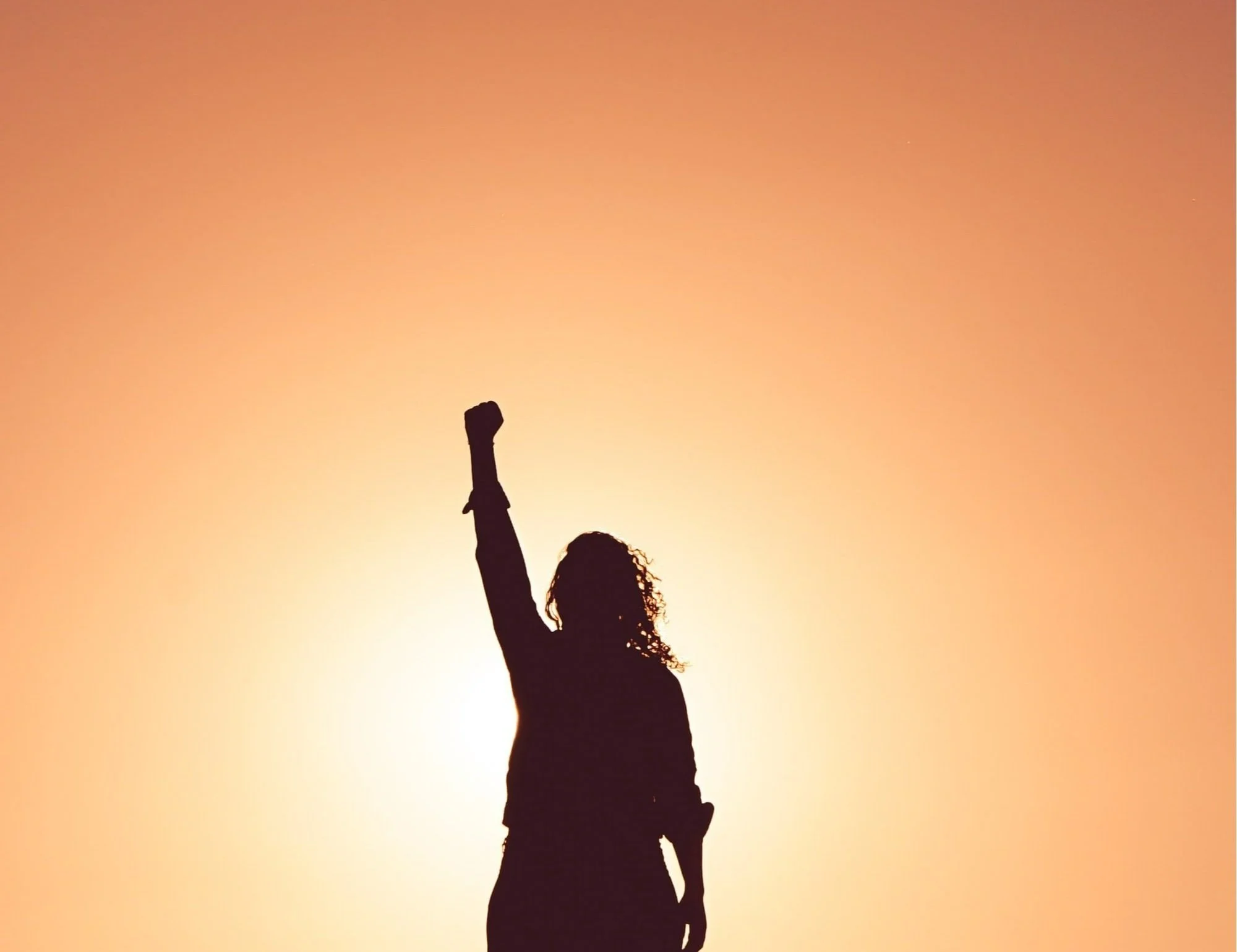Research: The Voices of Autistic Women and Non-binary People
Countless misconceptions about autism exist, particularly the traits and experiences of autistic women. Motivated to raise understanding and acceptance of our experiences, I decided to write an article. I am only one autistic woman and I didn’t want the article to be about me. Rather, I sought a wider view of our voices. Therefore, I designed and distributed a survey. Within a mere few weeks, a noteworthy 140 autistic women and 4 non-binary people generously offered their perspectives. Evidently, we want and need our voices to be heard. Throughout this article, I describe key findings from the survey.
Note: The survey cannot speak to the experiences of ALL autistic women. This is just a small sample of some of our experiences. Secondly, some autistic men may resonate with these experiences too. Lastly, the findings were obtained via frequency analyses and thematic analyses of the survey data.
Late Diagnosis
It is a rather well known fact that more boys than girls are diagnosed with autism. According to neuropsychologist, Susan F. Epstein, “The model that we have for a classic autism diagnosis has really turned out to be a male model.” This doesn’t mean that girls or women do not ever fit this model, but we often display our autistic traits in a different way. General stereotypes about autism also get in the way of others, including professionals, recognising that we are autistic. Partly for these reasons, autistic girls or women are frequently misdiagnosed or diagnosed much later in life than their male counterparts. Indeed, 85% of the autistic women and non-binary people surveyed were diagnosed or identified as autistic in their adulthood, 10% in their teens, and 5% in their childhood.
Common Traits
So, what can autism look like in women and non-binary people? Between 80% and 94% of the surveyed respondents selected these traits to describe themselves:
Heightened sensitivity to sensory input
Experience intense emotions
Get lost in things we love for hours
Struggle to manage our well-being (e.g., often getting burned out or not engaging in self-care)
Dislike small talk
Willing to stand up against injustices when we see them
Find it hard to unwind or relax
Ruminate on things
Like deep and open conversations
Find comfort in repetition of certain behaviours
Feel misunderstood, even by those close to us
Are perfectionistic or high-achievers
Feel empathetic to other’s needs
Other commonly selected traits included being deeply bothered by interpersonal conflict (79%), preferring to work independently rather than as part of a team (75%), enjoying time alone more than time with others (75%), feeling more connected to animals than most people (74%), experiencing music, art or written expressions deeply (74%), and feeling uncomfortable making eye contact (73%).
Contrary to autism stereotypes:
We are often empathetic
We can often make eye contact (even if uncomfortable to do so)
We very rarely lack emotions
Some of us love schedules and routines, whilst others don’t
Most of us like being unique or different (we don’t want or need to be “fixed”)
Strengths
Autistic women and non-binary people have a number of strengths that arise from our unique ways of perceiving the world, processing information, and communicating. The most common strength cited was a deep empathy for others, followed by creativity, specialised skills, attention to detail, pattern recognition, and resilience. Other strengths cited frequently were capacity for deep focus, a strong sense of justice and doing what is right, honesty, and authenticity.
Interests
Deep devotion or passion for hobbies and interests is often a large part of being autistic. Indeed, 74% of the surveyed autistic women and non-binary people have strong interests that last for years, but many of us (61%) also have strong interests that change frequently. The most commonly cited interest was artistic endeavours (photography, drawing, painting, or other creative hobbies), followed by intellectual hobbies (learning, problem solving, researching), and reading or writing. Other common themes included music, nature, fitness, gaming, animals, human psychology, advocacy or social welfare, science, and technology.
In describing why these hobbies are enjoyable, many autistic women and non-binary people mentioned a sense of calmness, relaxation, or therapeutic benefit to these activities. These pursuits also were very commonly described as providing a way to escape…
“ I get to be somewhere else. In a different world with different rules. It's pure escapism... It keeps my head quiet.”
…and express ourselves authentically…
“I've always been better with written rather than spoken words. I have so many stories and ideas in my head that my mouth just can't get to them all. Writing lets me voice these, and in the process get some of my inner thoughts out.”
… often in a world where we feel that we cannot be our authentic selves.
Masking
When autistic individuals attempt to hide or minimise their traits to appear less autistic or more “socially acceptable”, this is called masking or camouflaging. Out of the 144 autistic women and non-binary people surveyed, 63% reported that they mask most of the time or always.
Most commonly, masking or camouflaging involved the following (in order of frequency):
Suppressing soothing repetitive behaviours or fidgeting
Adapting gestures or body movements, such as monitoring one’s own facial expressions, posture, or nodding
Keeping quiet generally or suppressing urges to talk about one’s own interests
Studying and mimicking non-autistic behaviours
Forcing eye contact
Engaging in small talk despite it feeling extremely forced or unnatural
Remaining in overwhelming situations and hiding emotions until alone
Actively adapting way of speaking, such as volume and tone
When asked how masking feels during and afterwards, all but four respondents mentioned exclusively negative impacts from masking that often included feeling anxious, overwhelmed, exhausted, depressed, empty, lost, lonely, disconnected, and physically unwell, amongst others.
“Masking makes me feel like a shell of myself. I get exhausted during and after. Often I get pushed to my sensory and social limits, and when I get home or in a more private place, then I cry and struggle mentally. I also dissociate (feel disconnected, like I'm floating, etc.) quite often… Masking makes me feel like I'm only worth anything if I'm not myself.”
Our Biggest Challenge
By far, the hardest thing about being autistic for these women and non-binary people was not to do with our traits, how we perceive, or think. Rather, the most common challenge is that about 40% of us regularly feel dismissed, judged, misunderstood, invalidated, disrespected, and discriminated against on the basis of being different or mentioning that we are autistic. Perhaps, this is why we often feel the need to mask and camouflage despite the negative impacts on our mental and physical health.
Harrowing quotes in response to “what is the hardest thing about being autistic for you?” included:
“I am expected to do things that exhaust and depress me, and when I try to explain that it's literally not how my brain works, I am told to try harder. I wish that people who say this could walk a mile in my shoes.”
“I don’t find being autistic hard, I find a world designed for neurotypicals hard.”
“I’m not seen as ‘autistic enough’ yet also not ‘good enough’ to be part of society.”
“Constantly feeling the need to accommodate for neurotypicals rather than it being customary for them to exercise patience and learn more about those with disabilities.”
“The judgement, ostracisation, and misunderstanding from non-autistic people.”
“Other people’s perceptions of what being autistic is and applying their bias to me.”
“No one really understands or listens to me. I’m not taken seriously. I don’t feel valued.”
“Being told I don’t look/ sound/ behave autistic because I can communicate clearly and articulately.”
“That only a few people believe that I really am autistic.”
Being Heard, Acceptance and Belonging
Being heard, accepted, and feeling a sense of belonging is an integral part of being a human being - autistic or not. However, all too often, autistic individuals feel rejected, dismissed, alienated, and alone in their experiences. Devastatingly, 49% of the autistic women and non-binary people surveyed rarely, or never, feel a sense of belonging amongst other people in their lives. This is despite the majority of us (72%) feeling that it is very important to feel heard, accepted, and/or that we belong.
“I have felt like an alien all my life, I wanted so badly to feel accepted and loved for being me.”
“As someone who rarely if ever experiences true belonging and acceptance, it is something that I am always searching for…I can never truly be myself and therefore can never truly be at peace.”
Finding Your Peers
Autistic women and non-binary people are united together with our similar lived experiences. Through one another, we may find the belonging, acceptance, and validation that we so long for.
Indeed, the survey responses echoed this…
“I stopped being depressed after I understood/accepted that I was autistic because for once I felt part of a group, a community.”
“There are so many other autistic people to connect with and I feel so supported. Not so alone.
“It is important for me to continue to seek out my ‘neurokin’ so as to connect, learn from and give something of myself to others.”
If you like what I’m sharing, you can kindly support me by ‘buying me a coffee’.



